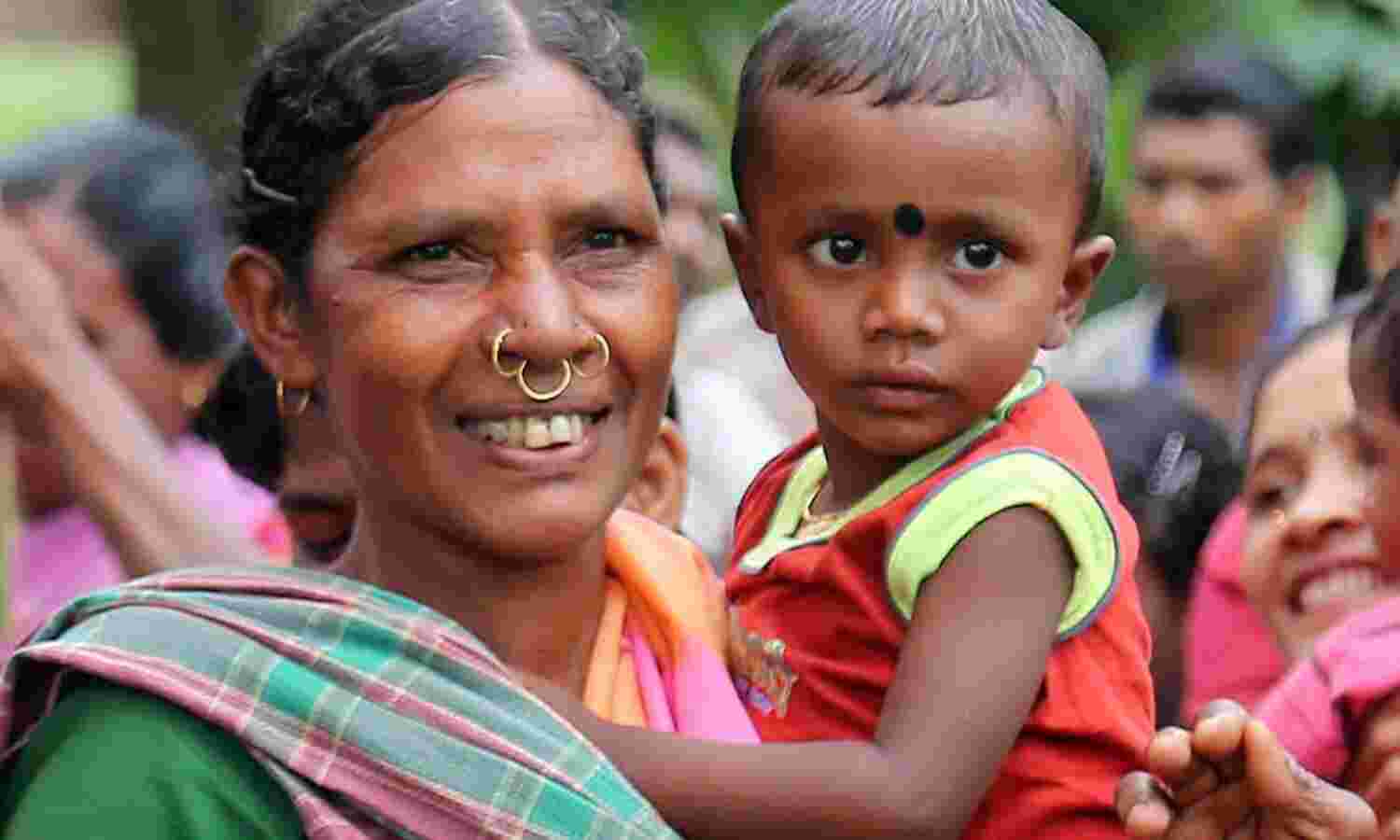Scheduled Tribes Are India’s Poorest People

Mumbai: Scheduled tribes are India’s poorest people, with five of 10 falling in the lowest wealth bracket, according to latest national data.
The National Family Health Survey 2015-16 (NFHS-4) shows the following: 45.9% of scheduled tribe members were in the lowest wealth bracket compared to 26.6% of scheduled castes, 18.3% of other backward caste, 9.7% of other castes and 25.3% of those whose caste is unknown.
There has been a 4 percentage point drop in the percentage of scheduled tribes in the lowest bracket as compared to a decade ago, from 49.9% in 2005-06 to 45.9% in 2015-16. But there has been a rise of 13.5 percentage points in the population of those who “don’t know” their caste in the lowest bracket--from 12.1% in 2005-06 to 25.6% in 2015-16.
Further, 70.7% of scheduled tribe, 50.8% of scheduled caste and 47.3% of those who “don’t know” fall in the lowest two wealth brackets compared to 37.6% of other backward castes and 24.8% of other castes.
Source: National Family Health Surveys 2005-06 and 2015-16
Wealth brackets in NFHS-4 are calculated on the basis of the numbers and kinds of consumer goods owned, ranging from a television to a bicycle or car, housing and markers such as the source of drinking water used, toilet facilities, and flooring material used in homes.
Scheduled tribes comprise 8% of India’s population--104 million as per the 2011 Census--yet, they account for one-fourth of its population living in the poorest wealth quintile, according to a World Bank brief, India’s Adivasis. Despite a decline of one-third in their poverty rate between 1983 and 2011, poverty rates remain high because of their low starting point, the brief further noted.
Among scheduled caste/tribe boys under five years of age, 32-33% are underweight, compared to 21% in the general population, IndiaSpend reported in October 2017.
Further, social exclusion prevents scheduled castes and scheduled tribes from accessing government health services and programmes and this worsens their health and nutritional status, according to this August 2015 study.
(Yadavar is a principal correspondent with IndiaSpend.)
We welcome feedback. Please write to respond@indiaspend.org. We reserve the right to edit responses for language and grammar.


